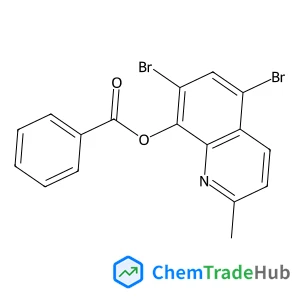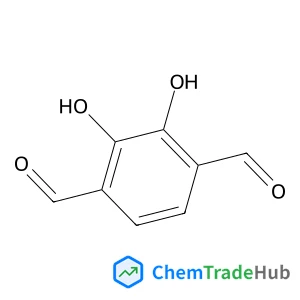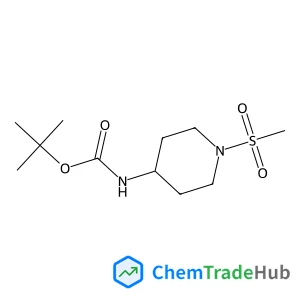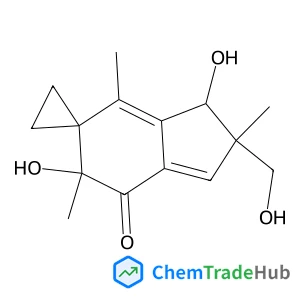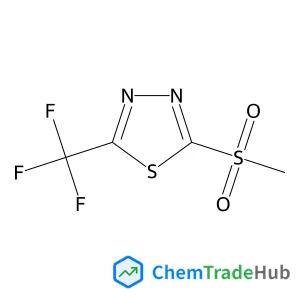Electrochemical synthesis of dipyrazolo/dipyrimidine-fused pyridines via oxidative domino cyclization of C(sp3)–H bonds
Literature Information
Peng Qian, Linna Xu, Wenyan Wang, Lin Zhang, Liang Tang, Jiaojiao Liu, Liangquan Sheng
An electrochemically oxidative domino cyclization reaction of methyl azaarenes/ketones with pyrazol-5-amines and 6-amino-pyrimidine-2,4-diones was developed, providing a variety of dipyrazolo[3,4-b:4′,3′-e]pyridines and dipyrimidine-fused pyridines with moderate to good yields. The reaction involved two C–C bond formations and one C–N bond formation in one pot. Moreover, the photoluminescence properties of the representative dipyrazolo[3,4-b:4′,3′-e]pyridines were investigated.
Recommended Journals
Related Literature
IF 6.367
Catalytic depolymerization of alkali lignin in ionic liquids on Pt-supported La2O3–SO42−/ZrO2 catalystsIF 6.367
Triboelectric nanogenerators for a macro-scale blue energy harvesting and self-powered marine environmental monitoring systemIF 6.367
Selective production of monocyclic aromatic hydrocarbons from ex situ catalytic fast pyrolysis of pine over the HZSM-5 catalyst with calcium formate as a hydrogen sourceIF 6.367
Mechanically stable and economically viable polyvinyl alcohol-based membranes with sulfonated carbon nanotubes for proton exchange membrane fuel cellsIF 6.367
Boronic acid liposomes for cellular delivery and content release driven by carbohydrate binding‡IF 6.222
Building microsphere–nanosheet structures in N-doped carbon to improve its performance in the oxygen reduction reaction and vanadium redox flow batteriesIF 6.367
High-performance tungsten carbide electrocatalysts for the hydrogen evolution reactionIF 6.367
Highly efficient and durable III–V semiconductor-catalyst photocathodes via a transparent protection layerIF 6.367
Inside back coverIF 6.222
Source Journal
Organic Chemistry Frontiers
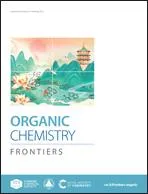
Organic Chemistry Frontiers publishes high-quality research from across organic chemistry. Emphases are placed on studies that make significant contributions to the field of organic chemistry by reporting either new or significantly improved protocols or methodologies. Topics include, but are not limited to the following: Organic synthesis Development of synthetic methodologies Catalysis Natural products Functional organic materials Supramolecular and macromolecular chemistry Physical and computational organic chemistry
Recommended Compounds
Recommended Suppliers
 PMA Prozess- und Maschinen-Automation GmbH
PMA Prozess- und Maschinen-Automation GmbH Dalian Pruet Chemical Technology Co., Ltd.
Dalian Pruet Chemical Technology Co., Ltd. Jiangxi Wanxiangcu Biotechnology Co., Ltd.
Jiangxi Wanxiangcu Biotechnology Co., Ltd. Hubei Qiangxing Chemical Co., Ltd.
Hubei Qiangxing Chemical Co., Ltd. Shandong Luxi Animal Drug Co., Ltd
Shandong Luxi Animal Drug Co., Ltd Wuhan Eight Stars Biotechnology Co., Ltd.
Wuhan Eight Stars Biotechnology Co., Ltd. Michel Baulé SA
Michel Baulé SA GB-Chemie GmbH
GB-Chemie GmbH Anhui Beiyike Equipment Technology Co., Ltd.
Anhui Beiyike Equipment Technology Co., Ltd. Chemiewerk Bad Köstritz
Chemiewerk Bad Köstritz










